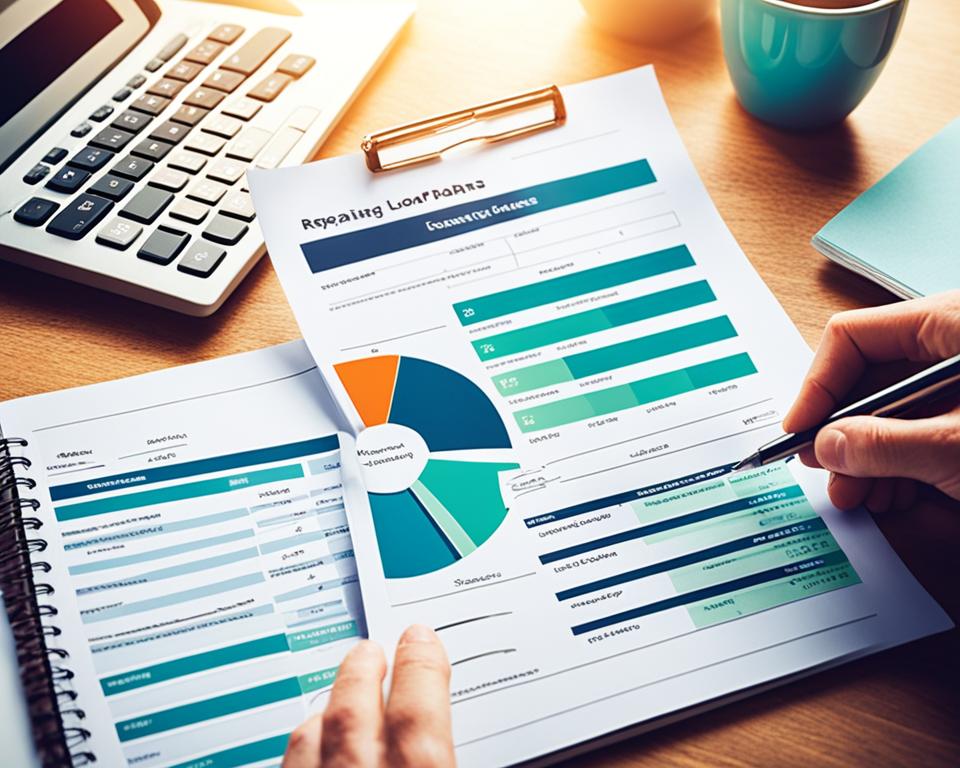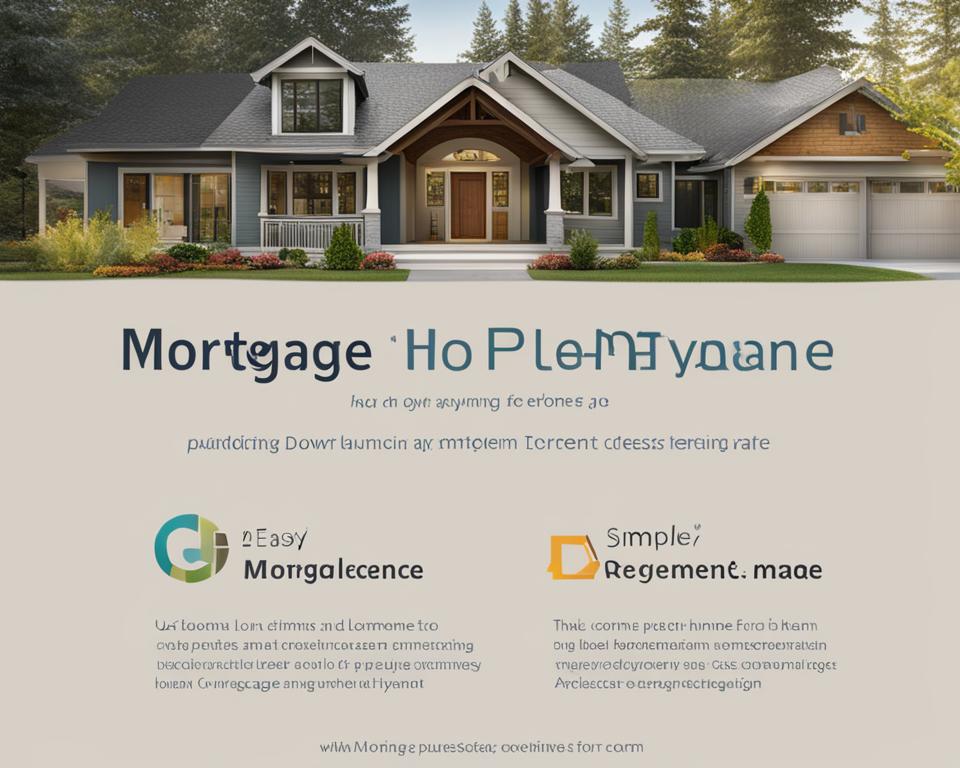Income: Analyzing the salary and its stability
The first step in the homebuying process is analyzing your income and determining its stability. This is crucial because your income will directly impact your ability to afford a mortgage and make monthly payments.
Start by examining your annual salary or wages and assess how consistent it has been over the past few years. Take into account any potential changes or fluctuations in your income that may occur in the near future, such as promotions, raises, or anticipated job changes.
Next, factor in any additional sources of income you may have, such as rental properties, investments, or freelance work. It’s important to have a clear understanding of all the income streams that contribute to your overall financial stability. Additionally, consider any potential risks associated with your income, such as job insecurity or potential layoffs. By thoroughly analyzing your income and its stability, you can gain a better understanding of your financial capacity when considering homeownership.
Budgeting: Evaluating monthly expenses and determining affordability
When considering the purchase of a home, it is crucial to evaluate monthly expenses and determine affordability. One should start by carefully examining their income and expenses to get a clear picture of their financial situation. This includes calculating all sources of income, such as salary, bonuses, or investment returns, and comparing them to monthly expenses, including bills, transportation costs, and other necessary expenditures.
In addition to regular expenses, it is important to consider potential unforeseen costs that may arise as a homeowner. These can include repairs, maintenance, and property taxes. By thoroughly evaluating monthly expenses and considering potential additional costs, individuals can determine an accurate estimate of what they can afford to spend on a mortgage payment each month. This assessment ensures that individuals do not overextend themselves financially and can comfortably manage their mortgage payments alongside other expenses.
Debt-to-Income Ratio: Understanding the impact of existing debts on affordability
When considering purchasing a home, it is essential to understand the impact of your existing debts on your overall affordability. This understanding can be gained by assessing your debt-to-income ratio. The debt-to-income ratio is a comparison of your total monthly debts to your gross monthly income. It provides an indication of how much of your income is already being used to repay debts, and therefore how much you can reasonably afford to allocate towards a mortgage payment. Lenders typically have specific guidelines regarding debt-to-income ratios, with the general rule being that the ratio should not exceed a certain percentage, often around 43%. If your debt-to-income ratio is too high, it may be a sign that you need to reduce your debts or increase your income before taking on a mortgage. By understanding and considering your debt-to-income ratio, you can make a more informed decision about your level of affordability when it comes to homeownership.
Down Payment: Assessing the ability to make a significant upfront payment
One of the key factors to consider when purchasing a home is the ability to make a significant upfront payment, also known as a down payment. The down payment is a percentage of the total purchase price and is paid at the time of closing the deal. It plays a crucial role in the home buying process as it reduces the amount of money you need to borrow and can affect the terms of your mortgage.
The size of the down payment required depends on various factors, including the type of mortgage you are seeking and your financial profile. Generally, lenders prefer borrowers to have a down payment of at least 20% of the purchase price. However, this may not always be feasible for everyone. Some loan programs, such as FHA loans, allow for smaller down payments, as low as 3.5%. It’s important to assess your ability to make a down payment and determine what amount you can comfortably afford without putting undue stress on your finances.
Credit Score: The importance of a good credit score in obtaining a favorable mortgage rate
A good credit score plays a crucial role in obtaining a favorable mortgage rate. Lenders use credit scores to assess an individual’s creditworthiness and determine the interest rates they are eligible for. A higher credit score indicates a lower risk for the lender, which in turn allows the borrower to secure a more competitive interest rate on their mortgage. This can result in significant savings over the life of the loan.
A good credit score is typically considered to be above 700, although the exact thresholds may vary among lenders. To improve their credit score, individuals should focus on paying bills on time, keeping credit card balances low, and avoiding applying for new lines of credit unnecessarily. Regularly monitoring their credit reports for errors and taking steps to resolve any inaccuracies can also help maintain a strong credit standing. By taking these proactive measures, individuals can increase their chances of obtaining a favorable mortgage rate and enjoy more affordable homeownership.
Mortgage Options: Exploring various loan programs and their requirements
When exploring mortgage options, it is important to understand the various loan programs available and their specific requirements. One popular option is a conventional loan, which typically requires a down payment of at least 3% to 20% of the home’s purchase price. This type of loan is offered by private lenders and does not involve government backing. Another option is an FHA loan, which is insured by the Federal Housing Administration. These loans have lower down payment requirements, usually around 3.5%, which can be beneficial for first-time homebuyers or those with limited savings. However, they also come with mandatory mortgage insurance premiums.
Another loan program to consider is a VA loan, which is available to eligible military service members, veterans, and their spouses. These loans are offered by private lenders but are guaranteed by the Department of Veterans Affairs. VA loans often have competitive interest rates and may not require a down payment or private mortgage insurance. Other loan programs, such as USDA loans, are designed for individuals purchasing homes in rural areas and offer advantages such as low-interest rates and zero down payment requirements. It is essential to research and understand the specific eligibility criteria and benefits of each loan program before making a decision.
Interest Rates: Understanding the impact of interest rates on monthly payments
Interest rates play a crucial role in determining the affordability of a mortgage. When considering buying a home, it is important to understand how interest rates can impact your monthly payments. Generally, higher interest rates result in larger monthly payments, while lower rates can help reduce the monthly financial burden. For instance, a small increase in the interest rate, even by just half a percentage point, can result in a significant rise in the monthly payment amount. Therefore, it is essential to closely monitor and analyze interest rate trends to make informed decisions about homeownership.
Additionally, it’s worth noting that fluctuations in interest rates also affect the overall cost of a mortgage. Higher rates mean more interest paid over the life of the loan, resulting in a more expensive mortgage. Conversely, lower interest rates can translate into substantial savings over time. Properly comprehending the impact of interest rates allows potential homeowners to evaluate whether it is the right time to enter the housing market and determine the financial feasibility of their desired mortgage. Consequently, staying informed about interest rate movements and consulting with professionals can help individuals secure the most favorable terms and maximize their financial well-being in the long run.
Additional Costs: Accounting for property taxes, insurance, and maintenance expenses
When considering the financial implications of homeownership, it is crucial to account for additional costs beyond the mortgage payment. These costs include property taxes, insurance, and maintenance expenses. Property taxes are an ongoing expense that homeowners will need to budget for each year. The amount of property taxes can vary depending on the location and value of the property. It is essential to research the property tax rates in the prospective area to get a clear understanding of this potential cost. Additionally, homeowners insurance is necessary to protect the property and belongings from unexpected events such as fires or natural disasters. The cost of insurance will depend on factors such as the location, size, and condition of the property. Lastly, maintenance expenses encompass the regular upkeep and repairs that will arise throughout homeownership. Planning for these costs is crucial in order to adequately handle any unforeseen repairs or maintenance needs that may arise. By accounting for property taxes, insurance, and maintenance expenses, potential homeowners can accurately assess the affordability of owning a home and plan their budget accordingly.
Long-term Financial Goals: Considering the impact of homeownership on future plans
When considering the purchase of a home, one important factor to consider is the impact on long-term financial goals. Homeownership can have both positive and negative effects on future plans, depending on various factors such as location, market conditions, and personal circumstances. For some, owning a home can be a sound investment that provides equity and potential appreciation over time. This can play a pivotal role in building wealth and achieving long-term financial stability. On the other hand, there are also potential downsides to homeownership, such as the costs of maintenance and repairs, property taxes, and the possibility of a decline in the housing market. It is essential for individuals to carefully evaluate their long-term financial goals and assess how homeownership aligns with these objectives.
Seeking Professional Advice: The value of consulting with a financial advisor or mortgage professional
When it comes to buying a home, seeking professional advice from a financial advisor or mortgage professional can be incredibly valuable. These experts have a deep understanding of the complexities that come with obtaining a mortgage and navigating the housing market. They can provide guidance and insight that may not be readily available to first-time homebuyers or those unfamiliar with the intricacies of the process.
One of the primary benefits of consulting with a financial advisor or mortgage professional is their ability to assess your financial situation holistically. They can evaluate your income, expenses, and existing debts to determine how much mortgage you can afford and what your budget should look like. This analysis takes into account various factors such as your debt-to-income ratio, credit score, and long-term financial goals. By considering all these aspects, these professionals can help you make informed decisions and create a plan that aligns with your financial situation and objectives.




